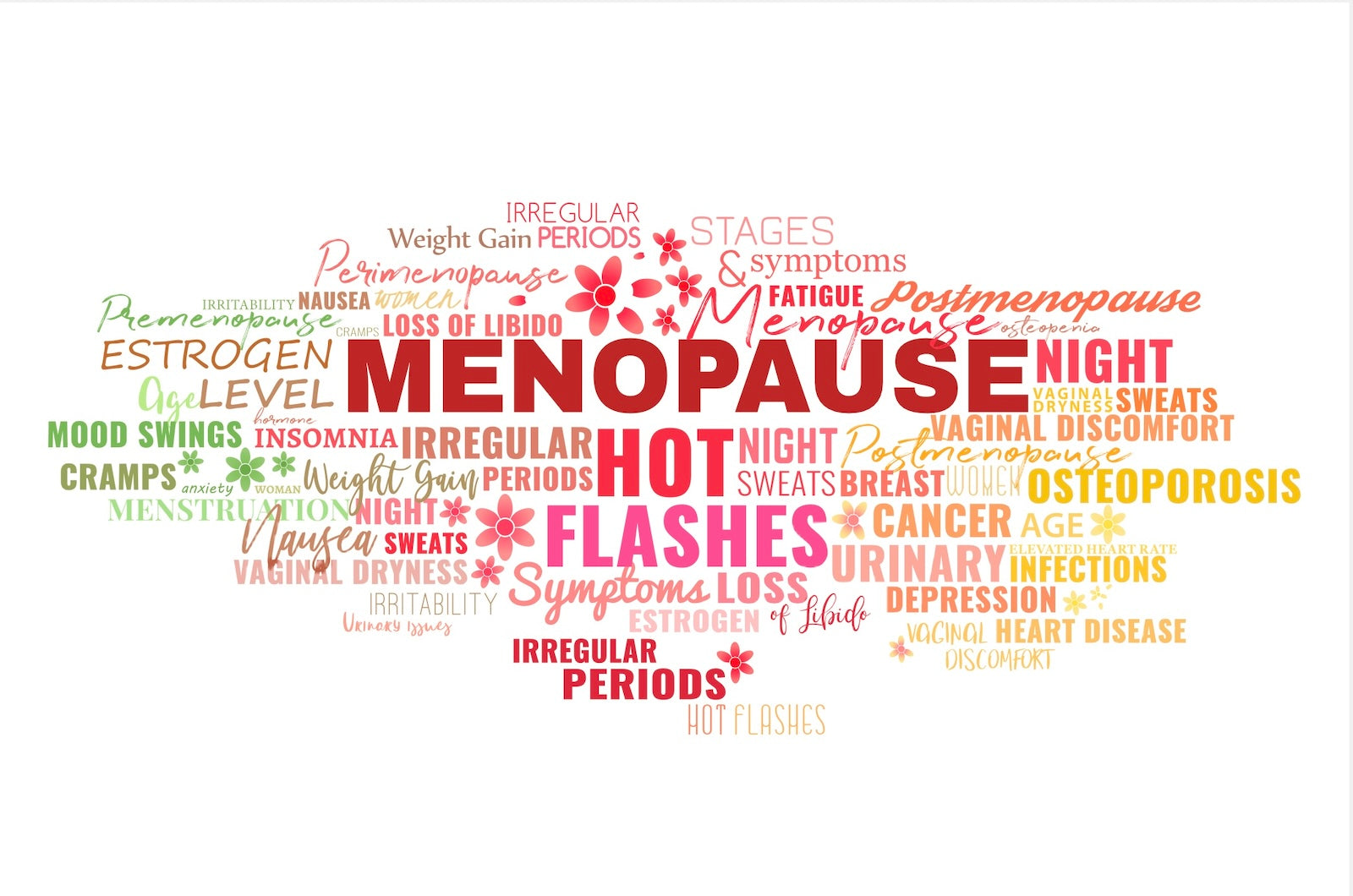Symptoms Questionnaire
The questionnaire below is one of the most widely used methods to assess menopausal symptoms.
It is called the Green Climacteric scale and covers most of the common physical, psychological and vasomotor symptoms of the perimenopause and menopause. It's a verified measurement tool that is used all over the world both in clinical practice and for research studies.
However, it cannot be used on it's own to diagnose the menopause.
It also does not cover every possible symptom of menopause and in particular it does not ask about vaginal and urinary changes, which can be a major set of symptoms for many women.
But it is a useful part of an overall assessment and can also be used to track how your symptoms are changing over time. This form is useful to take your GP to start a discussion regarding your menopause symptoms.
If you feel you are having some of these symptoms and are concerned about them, you should see your GP or book for a MenoDoctor appointment.
A copy of the answers and score will be emailed to you, once you have completed the form
What does my score mean?
This questionnaire is based on a scale used in research called the “Greene Climacteric Scale” (GCS).
Studies have shown that women who score over 12 on this scale are more likely to be having menopausal symptoms. The scale can also be used to help women monitor the severity of their symptoms over time, and how they change after trying treatments.
However, this scale is only a guide. It is not a reliable way to diagnose menopause or perimenopause. You also do not need to obtain a certain score to be offered treatment for menopausal or perimenopausal symptoms.
The questionnaire does not cover all the possible symptoms of menopause/perimenopause, so it is possible to score lower than 12 and still be having significant symptoms.
It is also possible to score higher than 12 and for your symptoms to be due to some cause other than menopause/perimenopause.
You can take this report to discuss things further with your GP. You can also check the Menodoctor GP appointment guide here for more helpful information to prepare for your GP visit.

